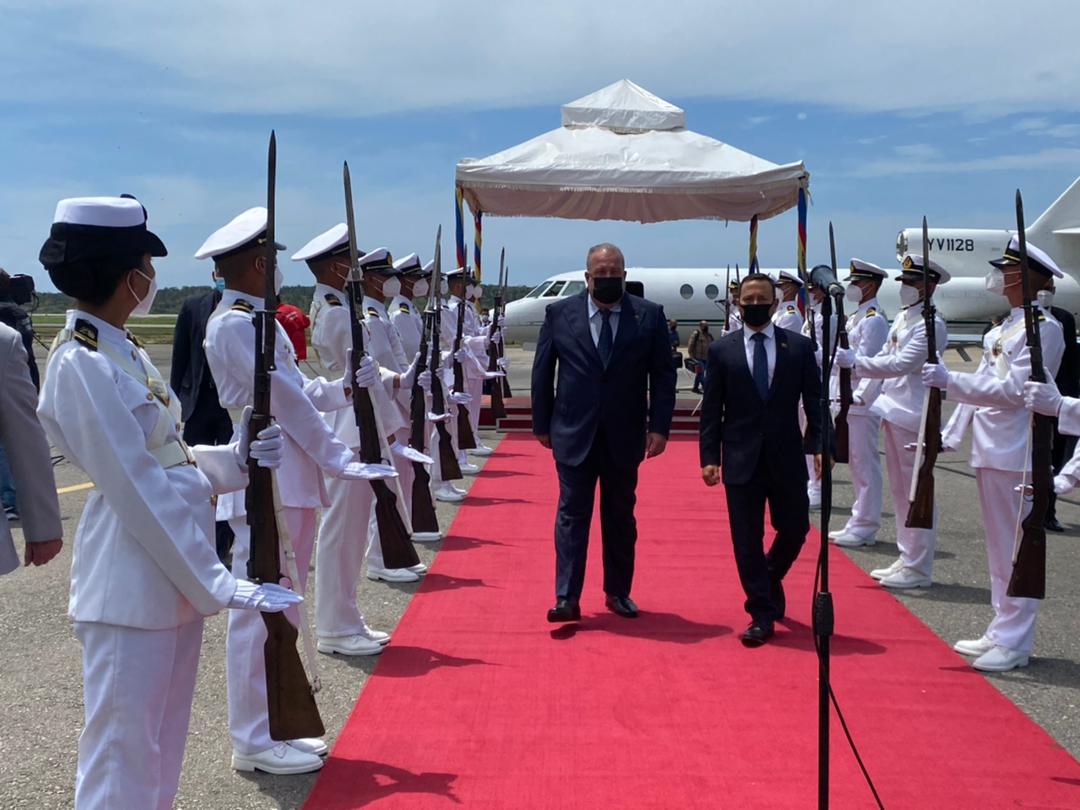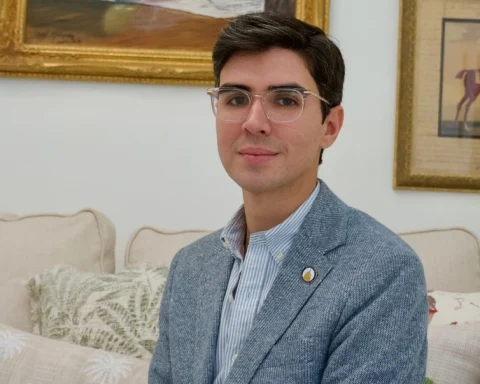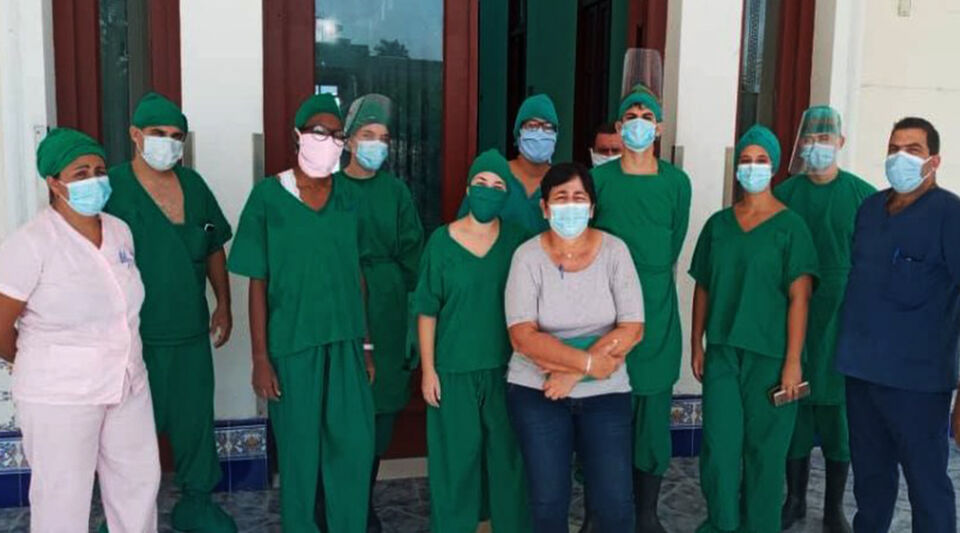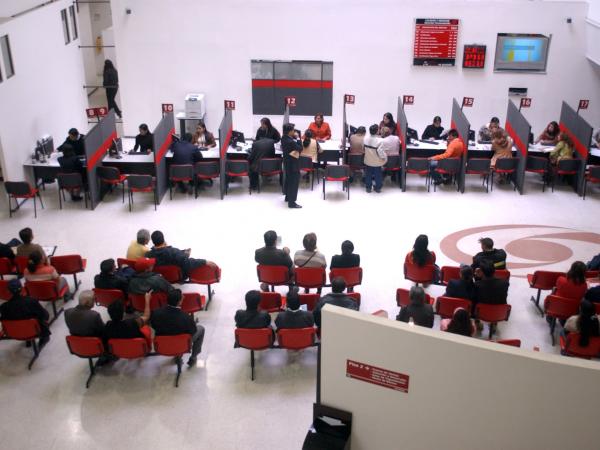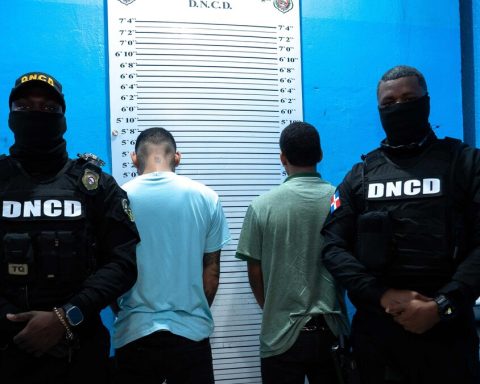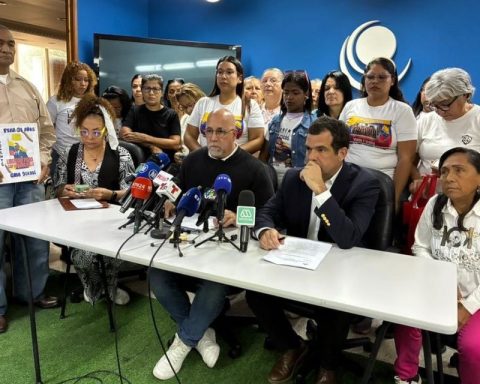The Prime Minister of Cuba, Manuel Marrero, traveled this Monday to Venezuela for an official visit to that nation that will last until next Wednesday.
The visit aims to “strengthen” mutual interests and “ties of friendship” between the two countries, according to media reports.
“We will be working, cooperating, strengthening these ties of friendship, looking for new ways to strengthen mutual interests for both countries,” said Marrero upon his arrival at the Simón Bolívar International Airport, in Maiquetía, where he was received by the Vice Minister for the Caribbean, Raúl Li , according to the agency EFE.
The Cuban premier affirmed that he is also in the South American country to support President Nicolás Maduro and the “civic-military union of the Venezuelan people,” the office adds.
Previously, Marrero had confirmed his trip to Venezuela in a message on Twitter, in which he reiterated the “firm will” of the island to continue providing its “modest cooperation in this sister country.”
During our visit, we will review matters of interest to both peoples, reiterating our firm will to continue providing our modest cooperation in this sister country. #CubaYVenezuela #GovernmentCuba ????? pic.twitter.com/CqQdj5tEfK
– Manuel Marrero Cruz (@MMarreroCruz) May 9, 2022
During his visit, Marrero will pay tribute to the Liberator Simón Bolívar and Hugo Chávez, and will meet with President Nicolás Maduro and Executive Vice President Delcy Rodríguez, among other Venezuelan authorities, review the Cuban News Agency (ACN).
In addition, a meeting with Cuban collaborators who work in the South American nation was planned.
The premier traveled accompanied by Vice Prime Minister Jorge Luis Tapia, the heads of Public Health and Food Industry, and other high-level officials, reports the Cuban media, according to which this is Marrero’s first visit as prime minister to Venezuela, country to which he had already traveled on four previous occasions.
Cuba and Venezuela have maintained a close relationship since Hugo Chávez came to power, both in the political and economic spheres, as well as in the sectors of Health, Education and Energy, among others. These links, which have been maintained for more than two decades, have been confirmed by the current governments in new collaboration agreements.
